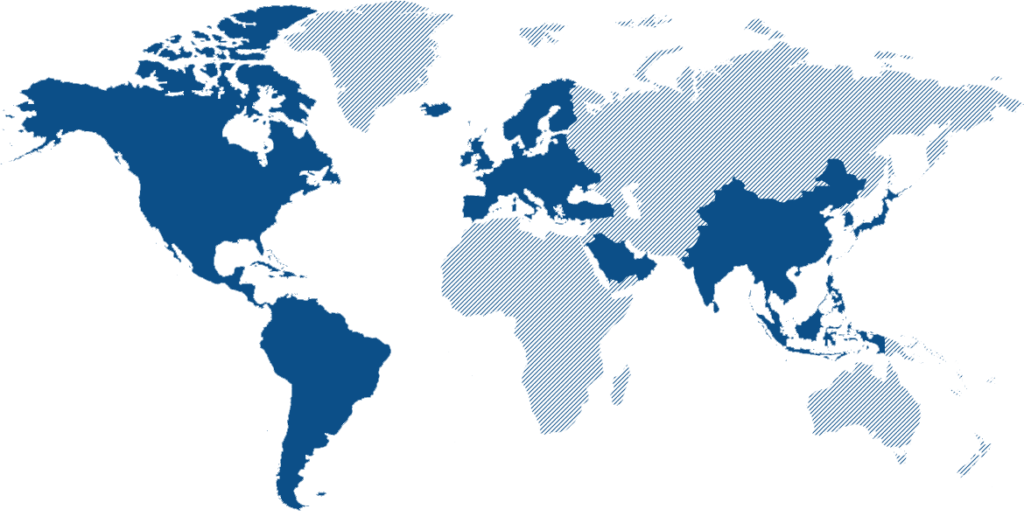By Tony Attwood

The top two divisions in Spanish football, which together are known as “La Liga” have sold 10% of themselves to the private equity and credit company CVC Capital Partners.
The arrangement means that “La Liga” will get €2.7bn (which is currently about £2.3bn) and this is thought to be the first time such an arrangement has occurred. Although given the state of football in Europe, it probably won’t be the last – not least because there are major issues which are still lurking in the undergrowth.
However what attracts the clubs is the that about 90% of the dosh will immediately be divided up between the clubs to use to keep themselves going and also undoubtedly to pay off some of their debts which have started to drag some of the clubs (notably Barcelona) down. Although there seems to be a promise to put some of the cash into women’s football too.
What makes this so interesting, and the reason why there is a “But…” in the headline is the remaining issue of SuperLeague. For although the English media treat this as dead and gone, as we reported on 20 July “SuperLeague is not quite as dead as some try to make out.”
A Spanish court has ruled that Uefa did not have the power to order clubs across Europe not to deal with SuperLeague, and indeed ruled that stopping the notion of SuperLeague because it was outside the remit of Uefa, a self-appointed monopoly supplier, was contrary to EU regulations.
Thus in May it was agreed that the European Court of Justice (CJEU) should rule on whether Uefa is abusing its monopoly position through the ruling.
This could have huge implications because if SuperLeague wins that will mean Fifa and Uefa have both violated Articles 101 and 102 of the Treaty on the Functioning of the European Union (TFEU), which prohibit monopolies.
This is on the ground that the action of Uefa hinders potential competition and limits choice and is prima facie operating contrary to EU regulations.
Now I must admit I thought a previous court ruling had recognised the unique situation of sport which puts it outside some competition regulations, but it seems that point doesn’t apply in this case.
Thus the Spanish court ordered Uefa to drop all sanctions against the three clubs that refused to bend the knee to Uefa and not to take any other action that could inhibit the evolution of Super League.
This is a very important point since it not only affects SuperLeague but any other competitions that people want to set up outside of Uefa and Fifa’s control. It could be the start of the end of the monopolistic positions of both monoliths that have so carefully enlarged empowered themselves constantly over the years.
It would also be one in the eye of Boris Johnson who suggested there could be legislation in the UK to stop clubs joining football activities outside of the control of Uefa and Fifa. Since we are not in the EU he could do that, but that would simply cut off England from new competitions that the rest of Europe engaged in – rather as happened when the European Cup was first mooted.
Although Johnson might still act to protect the hopelessly inept FA.
What particularly damages Uefa’s case is that it reserves the right to exclude clubs that break its rules and impose “a ban on all football-related activities”. It is this sort of power that the EU has time and again shown itself utterly opposed to, through its adherence to competition. And to be clear Article 101 only prohibits agreements which restrict competition and consumer choice.
There is also an investigation into whether Uefa and Fifa have broken Article 102 which prohibits the abuse of a dominant position.
CVC Capital Partners will be interested in all this themselves since they are based in Luxembourg, and any liberation of the sporting rules in the EU could see other bodies turning to them for investment. CVC already have shares in rugby’s Six Nations, and in Formula One, as well as other sports.
La Liga hopes the money from CVC will allow it to expand its reach around the world, and challenge the media dominance of the Premier League, although Real Madrid (who were not represented at the discussions) are said to be looking at ways of opposing the arrangement. I would imagine however that Barcelona will welcome anything that provides them with some more money, with open arms.
The Super League: how it was stopped and what next
- Who can stop the Midweek Combination, and how can they do it?
- Arsenal supporters issue solid rebuttal of club’s plan to join unwanted new league
- Superleague. The key question the media utterly refused to ask, let alone answer
- Apologies from Arsenal, but not everyone is saying sorry.
- After the apologies, what next for naughty six? And how did they get it so wrong?
- Super League v Premier League: now the real war begins

I saw something on the web today which implied that Barcelona were also against the CVC “injection” on the grounds that it’s share of future TV revenue would be reduced.
Here you go:-
Tensions in La Liga